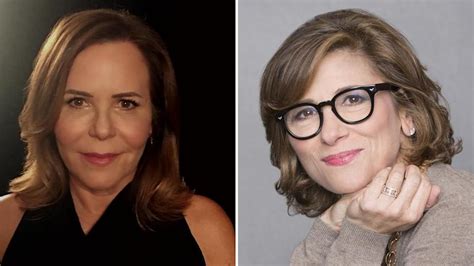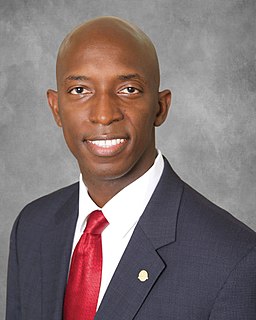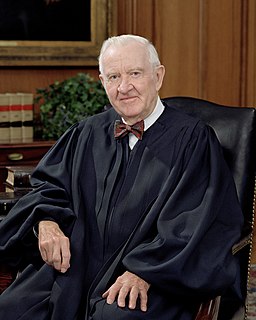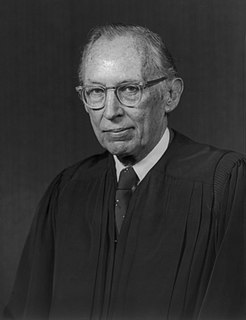A Quote by Sonia Sotomayor
It is our responsibility to explain to the public how an often unpredictable system of justice is one that serves a productive, civilized, but always evolving, society.
Quote Topics
Related Quotes
Policemen and laws can never replace customs, traditions and moral values as a means for regulating human behavior. At best, the police and criminal justice system are the last desperate line of defense for a civilized society. Our increased reliance on laws to regulate behavior is a measure of how uncivilized we’ve become.
We have two boys. After George Zimmerman was found not guilty of killing Trayvon Martin, we had to explain to our older son, who was 12 at the time, how that could happen. Instead of hugging and consoling him, my husband pulled out a documentary about Emmett Till and showed it to him and started to talk about how the justice system works in this country - and how it often doesn't. From that conversation, our son wrote a short story about Trayvon Martin going to heaven to meet Emmett Till.
A dreaded society is not a civilized society. The most progressive and powerful society in the civilized sense, is a society which has recognized its ethos, and come to terms with the past and the present, with religion and science. With modernism and mysticism, with materialism and spirituality; a society free of tension, a society rich in culture. Such a society cannot come with hocus-pocus formulas and with fraud. It has to flow from the depth of a divine search.
It is not necessary for the politician to be the slave of the public's group prejudices, if he can learn how to mold the mind of the voters in conformity with his own ideas of public welfare and public service. The important thing for the statesman of our age is not so much to know how to please the public, but to know how to sway the public. Those who manipulate this unseen mechanism of society constitute an invisible government which is the true ruling power of our country.
Equal justice under law is not merely a caption on the facade of the Supreme Court building, it is perhaps the most inspiring ideal of our society. It is one of the ends for which our entire legal system exists...it is fundamental that justice should be the same, in substance and availability, without regard to economic status.


































